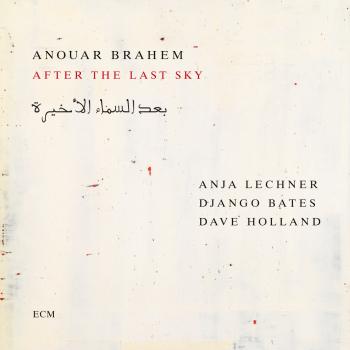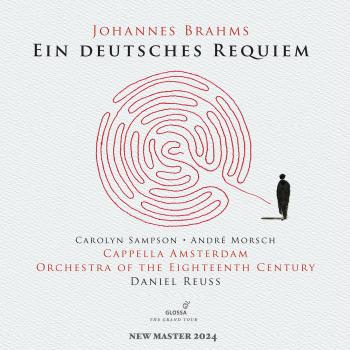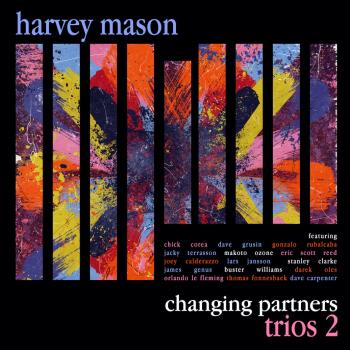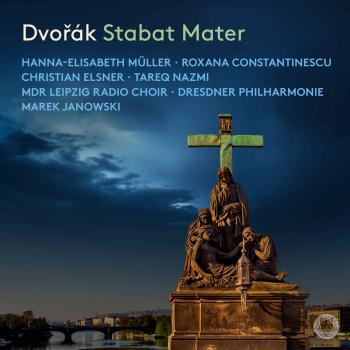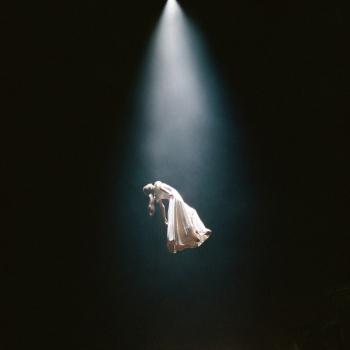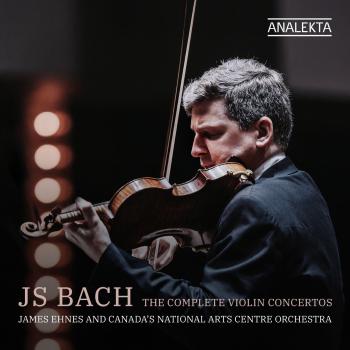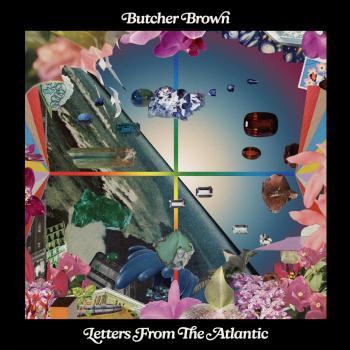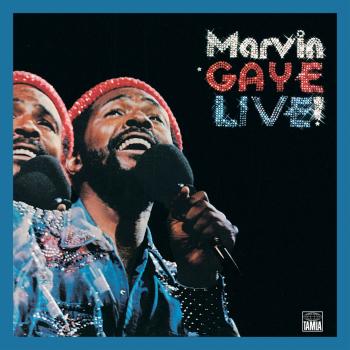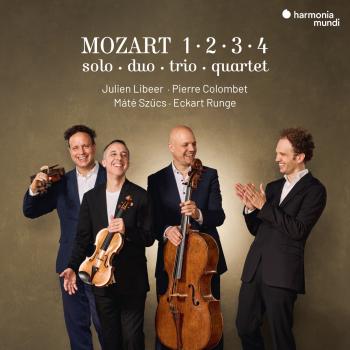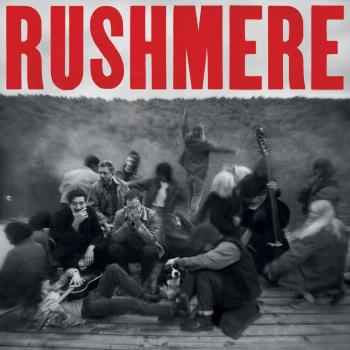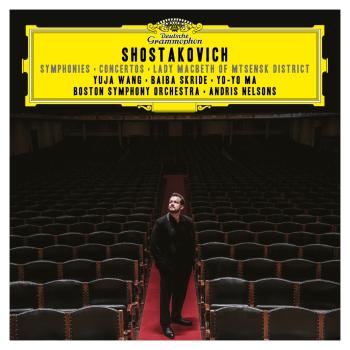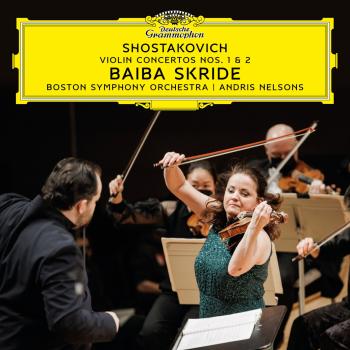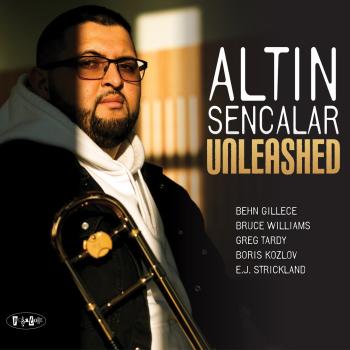
Wiener Bonbons (Live) Vienna Johann Strauss Orchestra & Alfred Eschwé
Album info
Album-Release:
2020
HRA-Release:
21.08.2020
Label: Wiener Johann Strauss Orchester
Genre: Classical
Artist: Vienna Johann Strauss Orchestra & Alfred Eschwé
Composer: Johann Strauss II (1825–1899), Johann Strauss (1804-1849)
Album including Album cover
- Johan Strauss II (1825 - 1899):
- 1 Der Zigeunerbaron: Overture (Live) 07:56
- 2 An der Moldau, Op. 366 (Live) 03:32
- 3 Auf zum Tanze!, Op. 436 (Live) 03:32
- 4 Wiener Bonbons Walzer, Op. 307 (Live) 09:38
- 5 Fata Morgana, Op. 330 (Live) 03:52
- Josef Strauss (1827 - 1870):
- 6 Caroussel-Marsch, Op. 133 (Live) 09:42
- Johann Strauss II:
- 7 Die Publicisten, Op. 321 (Live) 09:42
- 8 Eine Nacht in Venedig: Overture (Live) 07:40
- 9 Märchen aus dem Orient, Walzer, Op. 444 (Live) 07:19
- 10 Pizzicato Polka in C Major (Live) 02:51
- Joseph Lanner (1801 - 1843):
- 11 Tarantel-Galopp, Op. 125 (Live) 02:17
- Johann Strauss II:
- 12 Die Fledermaus: Czárdás aus der operette (Live) 04:01
- Hans Christian Lumbye (1810 - 1874):
- 13 Champagne Galop, Op. 14 (Live) 02:36
- Johann Strauss II:
- 14 Kaiser-Walzer, Op. 437 (Live) 11:33
- 15 Unter Donner und Blitz, Op. 324 (Live) 03:09
- Johann Strauss I (1804 - 1849):
- 16 Radetzky March, Op. 228 (Live) 03:24
Info for Wiener Bonbons (Live)
Verdi called Johann Strauss II a ‘colleague and genius’, while Johannes Brahms admitted that of all his fellow composers he was ‘the only one I envy’. From the remotest parts of South America to the large concert halls of Japan, people in all parts of the world are still enthralled by the ‘fascination of Strauss’.
This new album – recorded by the leading Strauss ensemble with an authentic orchestra of forty-two musicians – provides proof that this music is a testament to the liveliness, ingenuity and topicality that still exists. This live recording was made in May 2018 in the Vienna Musikverein's Golden Hall and forms a broad cross-section of the repertoire that the Vienna Johann Strauss Orchestra has been intensively cultivating since its foundation in 1966.
With conductor Alfred Eschwé, an internationally recognized Strauss expert was on the podium of the orchestra, with whom he has worked for over 35 years.
Vienna Johann Strauss Orchestra
Alfred Eschwé, conductor
Alfred Eschwé
was born in Vienna where he received his musical education both at the conservatory and the Music University. One of his teachers was the legendary Hans Swarowsky. After his engagement as first conductor in Osnabrück and Kiel, he was appointed to the Wiener Volksoper in 1989 where he has been in charge of the whole opera and operetta repertoire ever since. He was especially successful with Tchaikovsky's Eugene Onegin, Prokofiev's The Fiery Angel and Janácek's Vec Makropulos, with Braunfels' Die Vögel, Stravinsky's The Rake's Progress, Zemlinsky's King Kandaules, Kienzl's Der Evangelimann, Britten's A Midsummer Night's Dream and with Cerha’s Uncle President. Moreover, he regularly also conducts the well-established repertoire at the Vienna Volksoper: Carmen, Boris Godunow, Rusalka, Le nozze di Figaro, Don Giovanni, Die Entführung aus dem Serail, Norma, Ariadne auf Naxos, Nabucco, Rigoletto, La traviata, Tosca and Turandot as well as the classic operetta repertoire are frequently performed under his baton. In 2016 he was conducting the new production of Borodin’s Prince Igor at his home-theatre. In 2019 Wagner's The Flying Dutchman is to follow for the first time.
In 1998, Alfred Eschwé made his debut at the Hamburg State Opera where he remained a regular guest for various repertoires over the years (Die Fledermaus, Carmen, L'elisir d'amore, Il Turco in Italia, Rigoletto, Così fan tutte, Die Zauberflöte, Zar und Zimmermann, Faust and La Fille du Régiment). In 2001, he conducted the new production of Prokofiev’s opera The Love to three Oranges in Hamburg, its adoption at the Wiener Volksoper in 2012 being also under his musical direction.
With Mozarts Die Zauberflöte, Alfred Eschwé gave his first performance at the Vienna State Opera in 2003 where he consequently conducted L'elisir d'amore, of which a DVD-recording with Anna Netrebko, Rolando Villazón, Ildebrando D'Arcangelo and Leo Nucci was released. He also conducted the ballet premiere of Anna Karenina at the Vienna State Opera as well as the opening of the Vienna Opera Ball 2009 and 2010. DVD productions exist of his production of Der Evangelimann (at the Vienna Volksoper) and Der Graf von Luxemburg (at the Theater an der Wien). International guest performances have lead Alfred Eschwé often to Italy, amongst others to the Teatro Regio di Torino, the Teatro Bellini in Catania, the Teatro Massimo in Palermo and to the Teatro Verdi in Trieste. In 2006, he debuted with Bellini's Norma at the Berlin State Opera, in 2008 with Die Fledermaus at the Zurich Opera House and at the Munich State Opera as well as in 2014 at the Finnish National Opera in Helsinki. In 2009, he conducted for the first time at the New National Theatre Tokio (Die Zauberflöte) returning there in 2015 for Die Fledermaus; a production which he is committed to revive in 2018 again. In 2015 he made his debut at the Dresden State Opera with a new-production of Lortzing’s Der Wildschütz. In 2016 he appeared for the first time at the Teatro San Carlo in Naples, in 2017 at the conductor's desk of the Gürzenich-Orchestra of the Cologne Opera. Following performances of Die Fledermaus and Puccini's Tosca he will conduct Dvořák's Rusalka in Cologne in 2020.
Alfred Eschwé is renowned as an exquisite expert for Johann Strauß, the 'king of waltz' and the Strauß-family. He regularly conducts leading Viennese and international orchestras throughout Europe as well as in the USA, Japan and Korea performing music by the Strauß-dynasty. Concert engagements lead him to the Hamburg Concert Hall, the Berlin Philharmony and frequently to the Vienna Musikverein. Numerous CD-releases of Strauß-programmes and operetta recitals prove his outstanding competence in this genre. Over several years Alfred Eschwé has established a close collaboration with orchestras like the Tonkünstlerorchester Niederösterreich, the Hamburg Symphony Orchestra and the WDR-Radio Orchestra in Cologne.
This album contains no booklet.

